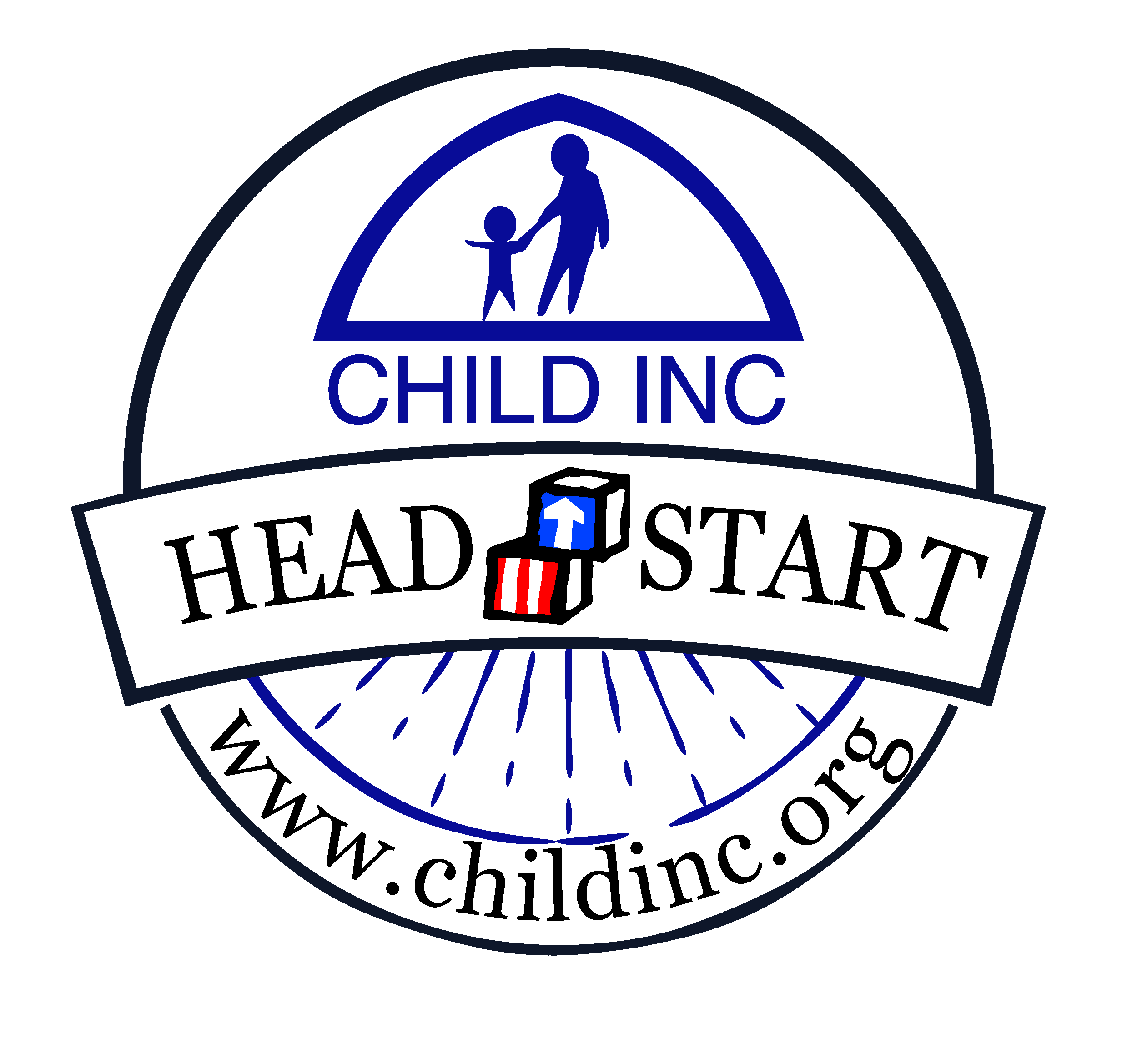The Basics
- Providing early childhood education to over 2,000 children ages 0-5 each year
- Child Inc Head Start Centers are accredited by NAEYC (National Association for the Education of Young Children). NAEYC is has been termed the “gold standard of early childhood program accreditation
- Employing child-centered staff who meet Head Start certification regulations.
- Providing all staff members with rigorous and ongoing training.
- Using research-based curricula and best teaching practices
- Providing information about child development to parents.
- Providing support services to children and families
The Critical Additions
- Encourage parent involvement
- in the classrooms for greater adult-child interaction
- through parent-child take-home activities to increase parent-child interaction
- Encourage father involvement
- by involving, both in-home and out-of-home, for male role modeling, additional parenting, and greater financial support
- by teaching dads about the importance of fatherhood
- through our weekly call-in radio show (The Dad Show) designed for dads and anyone who ever had a dad.
- Offer parents access to online National Depression Screening instrument
- Train staff on indicators of child attachment problems so intervention efforts may be pursued when indicated
- Educate the community-at-large about the importance of positive parenting
- Partner with local businesses to recognize and reward select parents who show strong parental involvement in their children’s development and education.
The Early Childhood Development program provides comprehensive services to children and families, including early childhood education, mental health services, disabilities services, nutritional services, medical and dental services, social services and parent-engagement activities. These services are delivered through 16 centers, public school pre-k classrooms, and other collaborative childcare sites and in-home services.
“Child Inc provides parent education and parent engagement opportunities to nurture the bond between parent and child, and to strive to build self-sufficiency in children, parents, and the family. Studies have shown that strong parent-child bonds, increased parent involvement, and greater family self-sufficiency lead to improved child outcomes.
